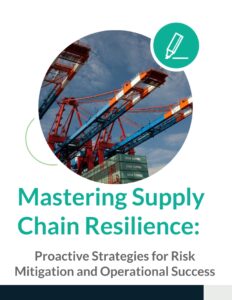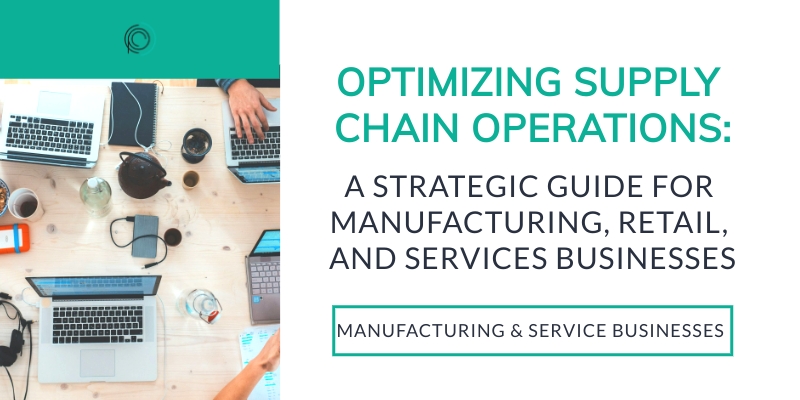In today’s business environment, organizations are facing an overwhelming number of priorities while contending with limited resources. The feeling of “yet another thing” often seems like too much for most executives. From digital transformation to cost optimization, leaders must make tough decisions about where to allocate time, talent, and capital. The relentless pace of change, increasing customer expectations, and competitive pressures create an environment where leaders feel they are constantly playing catch-up, often working long hours just to maintain the status quo. When everything is deemed urgent, operational excellence becomes difficult to achieve, and the risk of inefficiencies and misaligned priorities grows exponentially.
The Reality of Resource Constraints
Organizations often find themselves juggling multiple high-priority initiatives, yet lacking the necessary capacity to execute them effectively. This imbalance leads to inefficiencies, bottlenecks, and, ultimately, stalled progress. Teams are stretched thin, leading to reduced focus and a reactive work culture where leaders and employees are constantly shifting gears rather than executing strategically. The lack of clear prioritization often results in duplicated efforts, misaligned resources, and frustration across departments. Without a structured approach to prioritization, businesses risk wasting valuable resources on initiatives that fail to drive meaningful impact. Over time, this not only hampers performance but also erodes employee morale, as teams struggle to keep up with mounting demands without the necessary support.
The Cost of Overcommitment
When organizations attempt to do too much at once, the consequences are clear:
-
Declining Productivity: Teams spread too thin and struggle to deliver measurable results.
-
Employee Burnout: Continuous pressure without clear priorities leads to disengagement and high turnover.
-
Lack of Strategic Execution: Without a focused approach, long-term objectives become moving targets.
-
Missed Opportunities: When resources are scattered, organizations lose the agility to capitalize on emerging trends.
Shifting Towards Operational Excellence
Achieving operational excellence requires a disciplined approach to prioritization and resource management. Organizations can take the following steps to ensure efficiency and effectiveness:
-
Define Strategic Priorities: Identify and focus on initiatives that align with long-term business goals and deliver the highest impact.
-
Implement a Prioritization Framework: Utilize structured decision-making models to determine which projects warrant resource allocation.
-
Align Teams and Processes: Clearly communicate priorities across the organization to ensure alignment and accountability.
-
Leverage Strategic Resourcing: Consider outsourcing or automation to optimize workload distribution and maintain efficiency.
-
Create a Culture of Continuous Improvement: Encourage adaptability and innovation to drive sustainable growth.
The New Normal: Focused Execution
Organizations that master operational excellence evolve from reactive decision-making to proactive, strategic execution. They learn to cut through the noise, honing in on what truly drives value and aligns with their long-term objectives. This disciplined focus not only streamlines operations but also fosters a culture of accountability and ownership at every level. By empowering teams to prioritize high-impact initiatives and eliminate distractions, companies create an environment where productivity thrives, employee engagement improves, and innovation flourishes. When executed well, this approach enables organizations to better navigate market volatility and stay ahead of the competition, ensuring sustained success.
Final Thought
Too many priorities and not enough resources is an operational risk that can hinder growth and progress. The solution isn’t about doing more or overloading the system—it’s about focusing on what delivers the greatest value. Operational excellence is about working smarter and aligning resources to achieve meaningful outcomes. By implementing structured prioritization and disciplined execution, businesses can unlock their full potential and set themselves up for long-term success.







